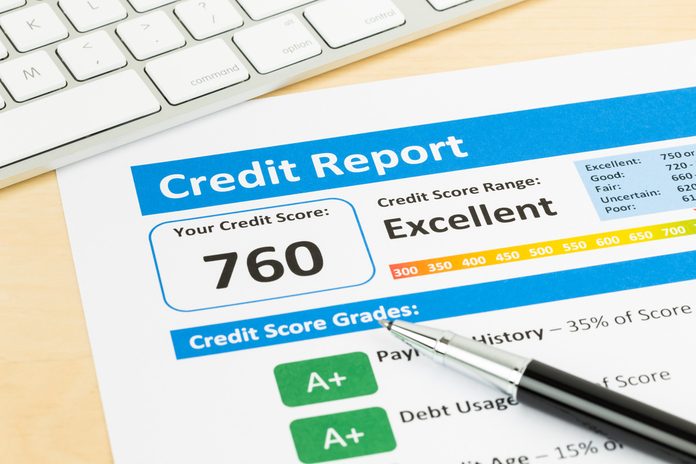Most of us will have had a credit check at one time or another due to a large purchase, such as buying a house or car. But according to research, two thirds of Brits have no idea what their credit score is.
So, we’ve put together a quick guide to help de-mystify credit records, explaining what information lenders can see about you and how you can improve it.

Your name
Your credit record will tell lenders your full name, as well as any variations. This comes from any previous applications you’ve submitted, plus the name that appears on your bank account, credit or debit card. Consistency is key! Make sure any lenders you use spell your name correctly to avoid any inconsistencies on your report.
Your address
The report also shows lenders your current and previous addresses. Again, it’s important to check that these are correct, and if not, make sure you dispute it. If an address you’ve never lived at shows up, it could be due to identity theft, so it’s important to check!
Public records
Public records are held within the court system. This could be anything from bankruptcy, repossession, foreclosure or a tax lien. If you have ever experienced these situations, the record will appear for between seven and ten years, depending on the record type.
Your debts
This section of your credit report shows any current debts you have, allowing lenders to establish how well you manage your finances. For instance, credit card balances, store cards, mortgages, loans and overdrafts will appear. If you have multiple debts to multiple lenders, it may be worth consolidating them to better organise your finances.
Recent applications
Your credit report will show any recent credit applications you’ve made, no matter how big or small. They usually stay on file for two years, so if you know you need to run a credit check for something important like a mortgage, avoid carrying out multiple credit checks in a short space of time.
Your repayments
As well as stating what you owe, your credit report shows how well you’ve repaid credit in the past. For instance, if you have a credit card, make sure you pay it off consistently every month. This will show that you can be trusted to borrow money, making lenders more likely to accept your application.

